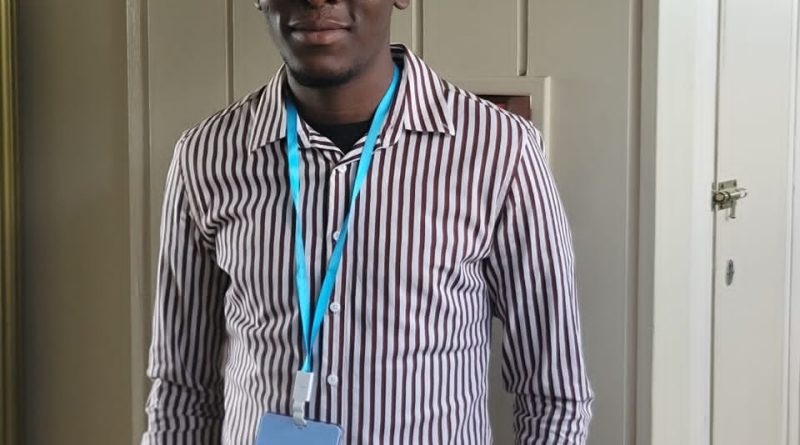Zimbabwe commemorates World Suicide Prevention Day with call to action
By Rachel Murondi
Action for Youth Foundation Trust joined the rest of Zimbabwe in commemorating World Suicide Prevention Day, a day recognized globally as a platform to raise awareness on mental health and suicide prevention. This year’s commemoration ran under the theme Change the Narrative on Suicide, calling on communities, institutions, and individuals to collectively reshape how suicide is understood and addressed.
The organization has long been committed to improving the mental health and well-being of young people in Zimbabwe, particularly in Manicaland Province where drug and substance abuse has become a growing challenge. Through digital platforms, Action for Youth Foundation Trust has been providing online counseling sessions to youths who are in need, offering them a safe and confidential space to seek help.
Speaking during an interview, Miss Chido Tsakatsa, the Head of Research and Technical Services at the organization, emphasized the connection between drug abuse and suicidal thoughts. She revealed that most youths who abuse drugs report higher rates of suicidal ideation compared to those who do not engage in substance abuse. This alarming finding highlights the urgent need for targeted interventions.
Miss Tsakatsa further explained that young people often turn to drugs and substances as a way of coping with stress, depression, and feelings of hopelessness. However, instead of providing relief, substance abuse worsens mental health conditions and creates cycles of dependency and despair. This makes early intervention and preventive education crucial.
The organization has been working tirelessly to educate youths on the harmful effects of addiction, using awareness campaigns, workshops, and community dialogues to reach both urban and rural communities. By providing accurate information and fostering open conversations, they hope to dismantle myths surrounding drug use and mental health.

Mr Marvin Musekiwa, the Executive Director of Action for Youth Foundation Trust, echoed these sentiments and stressed the importance of early help-seeking behavior among young people. He explained that changing the narrative on suicide requires young people to feel empowered to speak openly about their struggles without fear of judgment.
Mr Musekiwa also pointed out that silence and stigma remain among the biggest barriers to effective suicide prevention in Zimbabwe. Many young people feel isolated and unable to share their mental health struggles due to societal perceptions and cultural attitudes that discourage open discussion about suicide.
The Executive Director highlighted the significance of partnerships in addressing these challenges. He explained that collaboration between civil society organizations, the government, and community leaders is critical to building strong, sustainable initiatives. By working hand in hand, stakeholders can create a supportive ecosystem that addresses both prevention and treatment.
One of the key areas emphasized by Mr Musekiwa was the integration of suicide prevention within disaster risk reduction frameworks. He argued that drug and substance abuse, which is strongly linked to suicidal behavior, is a social disaster that threatens the future of Zimbabwean youth.
By viewing drug abuse as part of disaster risk reduction, government ministries and development partners can allocate resources and create policies that respond proactively to the crisis. This approach moves beyond treating individual cases to addressing the structural drivers of drug abuse, including poverty, unemployment, and lack of recreational facilities for young people.
Through dialogue sessions, the organization encourages adults to listen to the concerns of young people and provide mentorship that builds resilience against both substance abuse and suicidal ideation.
The use of online platforms has also proven effective in reaching youths who may not have access to traditional counseling services. Virtual counseling sessions allow anonymity and privacy, making it easier for young people to express themselves honestly. This innovation has bridged gaps in mental health service delivery, particularly in remote areas.




